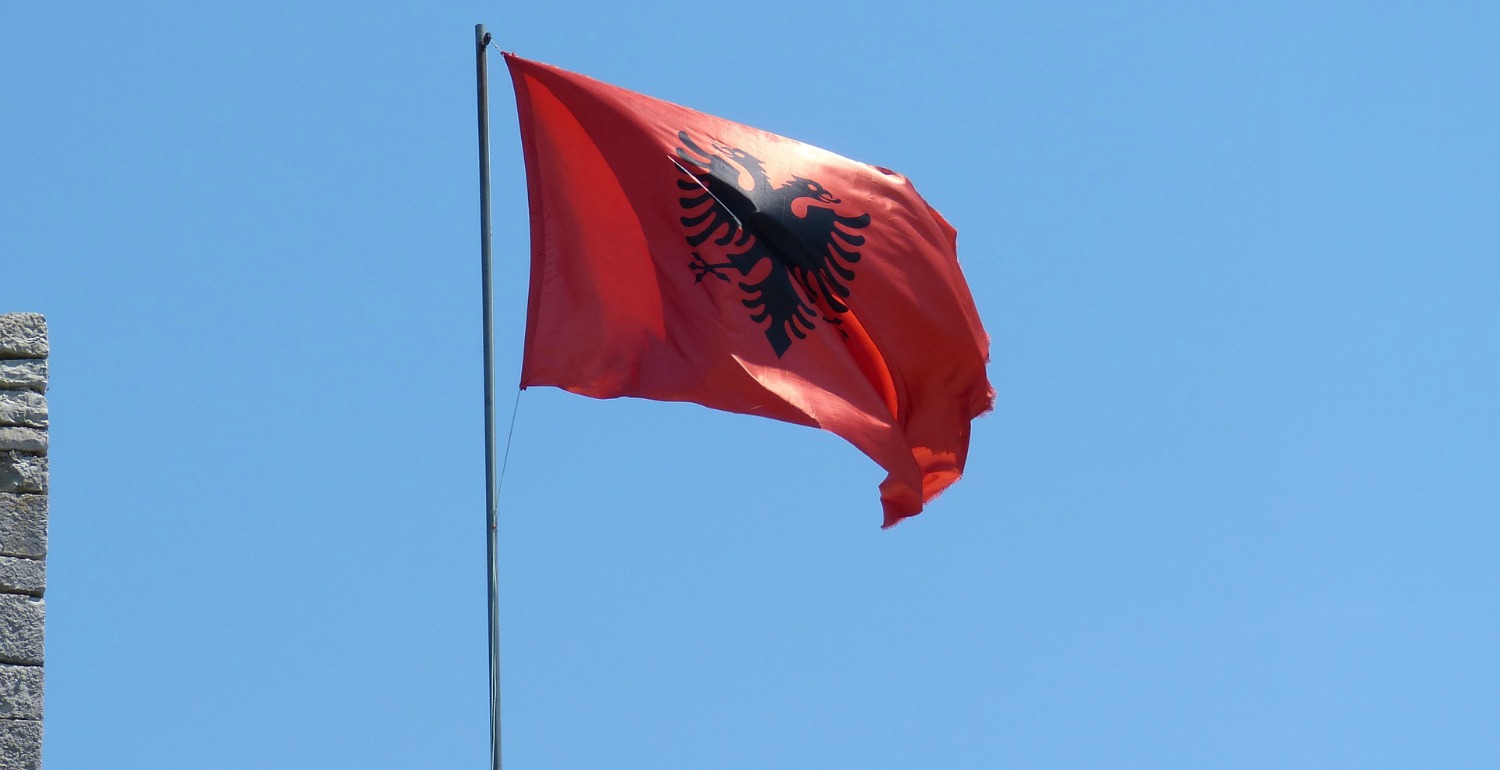This briefing, moderated by the Honorable Eliot Engel, Co-Chairman of the Albanian Issues Caucus, examined the international response to the crisis in Albania since the collapse of the pyramid schemes in the beginning of the year, which led to protests, rebellion, and political stalemate. The need for free and fair elections was emphasized in light of a political impasse over the holding of elections in June.
Witnesses testifying at the briefing – including Julius Varallyay, Principle Country Officer for East Central Europe for the World Bank, Stefano Stefanini from the Italian Embassy, and Avni Mustafaj, former Director of Open Society Foundation for Albania – discussed the previous efforts that had been made to encourage political reforms and steps that needed to be taken in the future. The need for a comprehensive donor assistance program to complement international assistance was specifically address, as was the political reform on which this program would depend.







